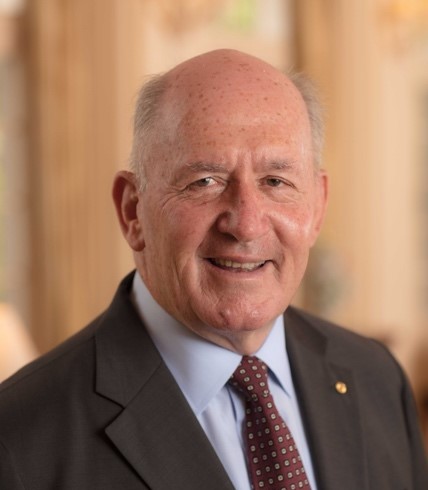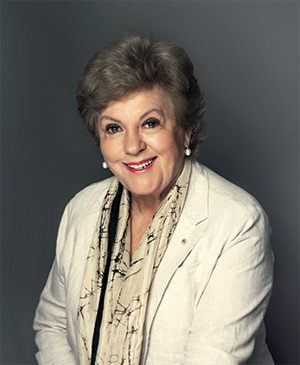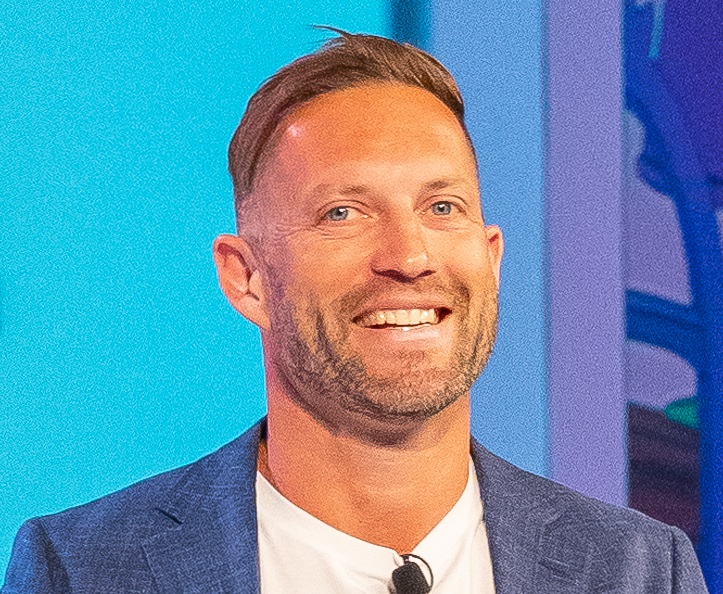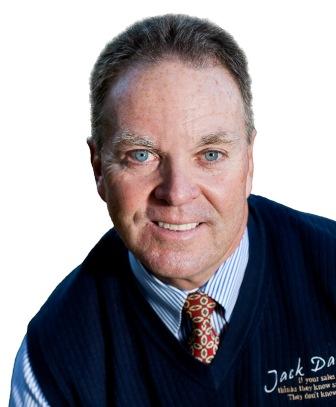The Honourable Sir Peter Cosgrove AK AC(MIL) CVO MC (Retd)

Australian Statesman, Keynote Speaker
General the Honourable Sir Peter Cosgrove AK AC(Mil) CVO MC (Retd) is known as ‘a man of the people’.
When recognised in 2001 as Australian of the Year, it was said that, “In every respect Peter Cosgrove demonstrated that he is a role model. The man at the top displayed those characteristics we value most as Australians – strength, determination, intelligence, compassion and humour.”
Having led troops as a junior leader and as Commander-in-Chief, having served as Australia’s Governor General from 2014 to 2019, and having travelled the world and Australia, General the Honourable Sir Peter Cosgrove has unique perspectives on Australia, Australians and our place in the world. His views on leadership are grounded in experience, his keynotes are insightful, entertaining and revealing.
The son of a soldier, Peter Cosgrove attended Waverley College in Sydney and later graduated from the Royal Military College, Duntroon, in 1968.
He was sent to Malaysia as a lieutenant in the 1st Battalion, Royal Australian Regiment. During his next infantry posting in Vietnam he commanded a rifle platoon and was awarded the Military Cross for his performance and leadership during an assault on enemy positions.
With his wife Lynne, the next twenty years saw the family grow to three sons and a wide variety of defence force postings, including extended duty in the UK and India.
In 1999 Peter Cosgrove became a national figure following his appointment as Commander of the International Force East Timor (INTERFET). He was responsible for overseeing East Timor’s transition to independence during what was to become, a tense and uncertain period. The International Force rapidly and decisively restored law and order and handed over to another UN force early in 2000. For his leadership of INTERFET he was subsequently advanced to the rank of Companion in the military division of the Order of Australia, and was invested by Her Majesty the Queen at Yarralumla during her visit to Australia early in 2000.
Peter Cosgrove was soon promoted and made Chief of the Army. He went on to be promoted again to General and was appointed Chief of the Defence Force. Peter Cosgrove retired from the Army in July 2005.
Subsequently, he accepted positions on numerous boards, including QANTAS, Cardno and the Australian Rugby Union. He was appointed by the Queensland Government to lead the taskforce rebuilding communities in the Innisfail region following the devastation caused by Cyclone Larry in 2006. From 2007 to 2012, he chaired the Council of the Australian War Memorial, and served as Chancellor of the Australian Catholic University from 2010 until early 2014.
General Cosgrove’s best-selling autobiography My Story was published in 2006 and he delivered the Boyer Lectures series, A Very Australian Conversation in 2009.
On 25 March 2014, Prime Minister Tony Abbott announced that General Cosgrove would become a Knight in the Order of Australia when sworn in as Governor General. His Excellency General the Honourable Sir Peter Cosgrove AK MC (Retd) was sworn in as Australia’s 26th Governor General and he served in that role until June 2019.
In 2019, Sir Peter Cosgrove was admitted to the Royal Victorian Order by Her Majesty, and appointed a Commander of the Order.
Sir Peter is an avid sports follower with particular emphasis on Rugby and Cricket. He is the husband to Lynne and they have three sons and two grandchildren.
What Peter speaks about
REPUBLIC / QUEEN / KING CHARLES
As the former Governor-General, the former Queen andHead of State who you represented sadly died last year, and the new King Charles III has been crowned – what are your thoughts on how these events might change the ongoing influence of the English monarchy on Australia, what do you see is the relevance of the Commonwealth – does it still have a role to play, and how do you assess the current public mood for Australia to become a Republic?
THE VOICE REFERENDUM
Later this year Australia heads to the ballot box for ‘The Voice’ referendum, on whether to recognise Aboriginal and Torres Strait Islander peoples as the First Peoples of Australia in the Constitution through an Aboriginal and Torres Strait Islander Voice.
You were Governor-General in 2015 when Aboriginal and Torres Strait Islander leaders developed the Kirribilli Statement, which led to the establishment of the Referendum Council and work on a proposal for an Indigenous representative constitutional body, which would lay the conceptual foundations of the Voice, so you have a long association with the issue. What are you hoping to see as a result of the referendum and what do you think is required from a leadership perspective during the campaign?
GLOBAL ISSUES
- Climate change remains a pressing global issue, with many governments and companies taking urgent action to mitigate its impacts. Do you think political leaders, or corporate leaders, could be doing more to address the issue of climate change and how important is fostering international cooperation in addressing this shared challenge?
- The COVID-19 pandemic has demonstrated the importance of global cooperation in tackling global health crises. How do you assess the response of the international community to the pandemic, and what lessons can be learned to better prepare for future emergencies?
- Regional conflicts and tensions persist in different parts of the world, from the active Ukraine Russia war, to the Korean Peninsula and growing tensions between China and Taiwan. Clearly these global political issues have significant implications for the Asia Pacific region. What do you see is Australia’s role in maintaining regional stability and addressing these conflicts?
- The Asia Pacific region has seen significant geopolitical shifts in recent years. How do you view the evolving dynamics in this region, and what do you see as the key opportunities and challenges for political leaders in the Asia Pacific and South Pacific?
LEADERSHIP
- Throughout your distinguished military career, you held many leadership positions, from commanding a rifle platoon in Vietnam to serving as Chief of the Defence Force. What would you say are the key principles or values that have guided your leadership style throughout these different roles?
- Following your military service you’ve taken on many important roles outside of the military, such as leading community rebuilding efforts and being Governor General- How did you approach your move across to these different spheres of influence, and what have been the most rewarding aspects of your post-military career?
- On leadership, you’ve had the chance to work with a host of world leaders, so who is a great leader who you have met /admire or have worked with, and what made them a great leader?
- Who have been the most influential mentors in your life, and what lessons or insights did you learn from them?
- Many in the room would have been impacted in some way by natural disasters in recent years, particularly those with operations in northern NSW. 17 years ago, you were called to lead recovery efforts for what was, at the time, the most powerful cyclone to affect Queensland in almost a century and the costliest tropical cyclone to ever impact Australia – Cyclone Larry. You surely witnessed devastation and destruction in the aftermath of that disaster, but what did you learn about resilience? What did you take away from that experience as a learning for leaders in managing extreme circumstances such as those?
- As Commander of the International Task Force East Timor (INTERFET), you played a crucial role in overseeing the country’s transition to independence. Can you discuss the challenges you faced during that time and the lessons you learned from that experience – specifically around your leadership approach?



